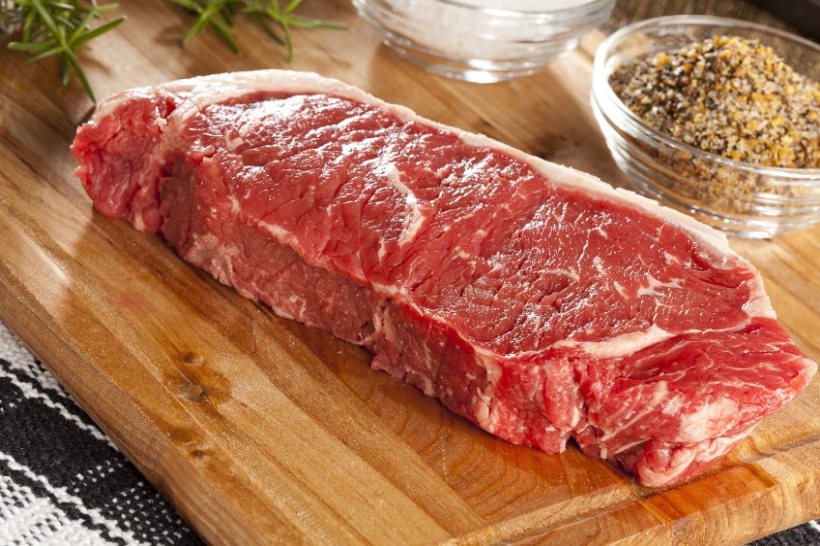
Cutting back on meat and dairy could lead to consumers missing out on vital nutrients, health experts have warned as the cost of living crisis is set to continue into the foreseeable future.
New findings – taken from an AHDB survey and released in line with World Iron Awareness Week - reveal one in three agree the cost of living crisis has made their diet less healthy overall.
And a recent study by Public First states that more than one in four consumers (28%) are eating less meat to try and save money.
The surging cost of food is likely to mean more people becoming reliant on lower cost foods which tend to be calorie dense and nutrient poor, further increasing diet-related disease.
This has prompted health experts to highlight the importance of a balanced diet, including red meat and dairy, some of the most nutrient dense foods available.
Award-winning dietician Priya Tew and food security expert Professor Nigel Scollan have lent their support to AHDB’s We Eat Balanced campaign, which returns next month.
The campaign highlights the importance of eating a balanced diet, focusing on the value meat and dairy can play and emphasises their role in providing natural sources of key nutrients.
Ms Tew said: “Along with dairy products, meat is also a natural source of B12, which is an essential nutrient that helps not only to reduce tiredness and fatigue but also to protect our immune system.
“B12 can also not naturally be found in foods of plant origin which could become more challenging for those facing increased pressure on their household food budgets.”
Professor Scollan, a director of the Institute for Global Food Security, said meat contains up to nine micronutrients and milk contains seven.
"[These] can be difficult to obtain from other food sources and particular fractions of the population may be exposed to deficiencies including younger females (iron) and the elderly (Vitamin B12 and protein – sarcopenia)."
According to National Diet and Nutrition Survey (NDNS) data, almost half of girls and young women aged 11 to 18 suffer from low intakes of iron, with one in 10 living with low iron status.
Low intakes of iron affects a quarter of young women aged 19 to 25 years old while one in 20 have low iron status.
NHS doctor and author Emily MacDonagh, who is also backing the We Eat Balanced campaign, will be highlighting this issue during Iron Awareness Week in a series of portraits which see her body painted to appear as if she was made out of iron.
“The fact that so many women and girls are already affected by low iron levels or suspect they may be iron deficient is worrying and the symptoms - including tiredness and lack of energy - can impact daily life,” she said.
“Eating a balanced diet is key to helping us get the wide range of nutrients that our bodies need, and there are plenty of cost-effective options available too.”
